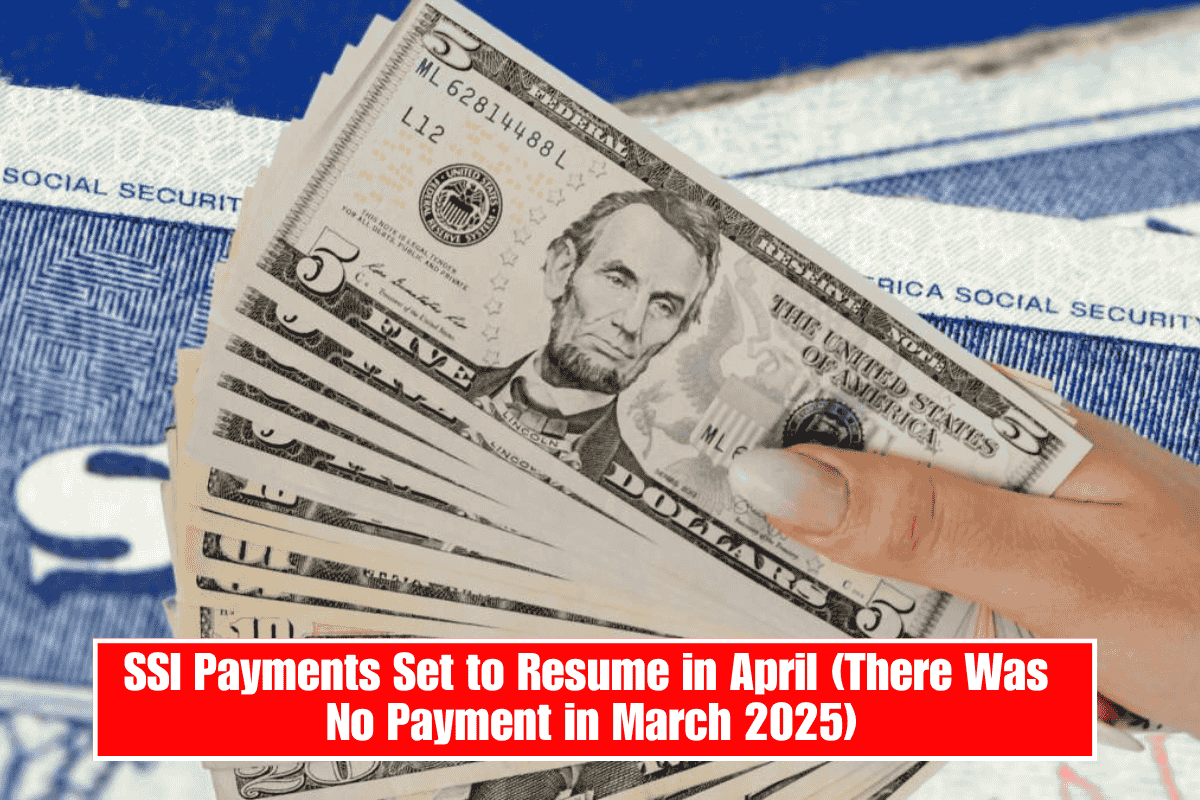Working remotely from abroad as a New York citizen is increasingly common in today’s globalized workforce. However, this arrangement comes with legal, tax, and employment considerations that both employees and employers must navigate. Here’s a detailed look at the key aspects:
1. Employment Law Compliance
New York has introduced updated remote work laws to address the growing trend of teleworking. These laws require employers to establish clear written policies regarding remote work expectations and eligibility. As long as these guidelines are adhered to, working remotely from abroad is generally permitted under New York law.
Employees working remotely are entitled to the same compensation, benefits, and protections as their on-site counterparts. Employers must also comply with the Fair Labor Standards Act (FLSA) for overtime pay and working hours, regardless of the employee’s location.
Additionally, employers are required to reimburse remote employees for work-related expenses, such as internet costs or office supplies.
2. Tax Implications
One of the most critical factors for New York citizens working remotely abroad is taxation. Under New York’s “Convenience Rule,” income earned by remote workers is sourced to the location of their employer’s office rather than their physical work location. This means that even if you are working from another country, your income may still be subject to New York State taxes.
Remote workers must carefully track their days worked abroad versus in New York to ensure proper tax reporting. Failure to comply with tax obligations could result in penalties or disputes with the New York State Department of Taxation and Finance.
3. Visa and Residency Considerations
Working remotely from abroad requires compliance with the host country’s visa regulations. Many countries offer digital nomad visas specifically designed for remote workers, allowing them to legally reside and work there for extended periods.
However, employees should be aware that prolonged stays abroad could impact their residency status in New York or the U.S., potentially affecting tax obligations and legal rights. Consulting an immigration attorney is advisable before embarking on long-term remote work abroad.
4. Employer Policies
Employers have the discretion to approve or deny requests for remote work from abroad based on company policies and operational needs. Factors such as time zone differences, data security concerns, and compliance with local labor laws may influence an employer’s decision.
Employers must also ensure compliance with international employment laws if they officially allow employees to work outside the U.S., including payroll adjustments and benefits administration for foreign-based workers.
5. Health and Safety Obligations
New York’s remote work laws mandate that employers provide a safe working environment for employees, even when they are working remotely from abroad1. This includes ensuring access to necessary tools and resources for job performance.
6. Future Trends
The popularity of remote work continues to grow, prompting legislative updates such as the “New York State Teleworking Expansion Act” (2025), which encourages flexible telework arrangements across state agencies. These developments reflect broader acceptance of remote work models but highlight the importance of regulatory compliance.
While it is legal for New York citizens to work remotely from abroad, doing so requires careful consideration of employment laws, tax obligations, visa requirements, and employer policies. Employees should stay informed about their rights under New York’s updated remote work regulations and consult legal or tax professionals to ensure compliance with all relevant rules.
By addressing these factors proactively, New Yorkers can successfully navigate the complexities of working remotely from abroad while maintaining legal and financial stability.
SOURCES:-
[1] https://www.brandonjbroderick.com/new-york/navigating-new-yorks-new-remote-work-laws-what-employers-and-employees-need-know
[2] https://www.nysenate.gov/legislation/bills/2025/A4850
[3] https://www.nysenate.gov/legislation/bills/2025/A1213
[4] https://natlawreview.com/article/new-laws-new-york-may-raise-employers-costs-starting-january-1-2025
[5] https://www.nixonpeabody.com/insights/alerts/2025/01/22/new-york-employment-laws-2025-updates















